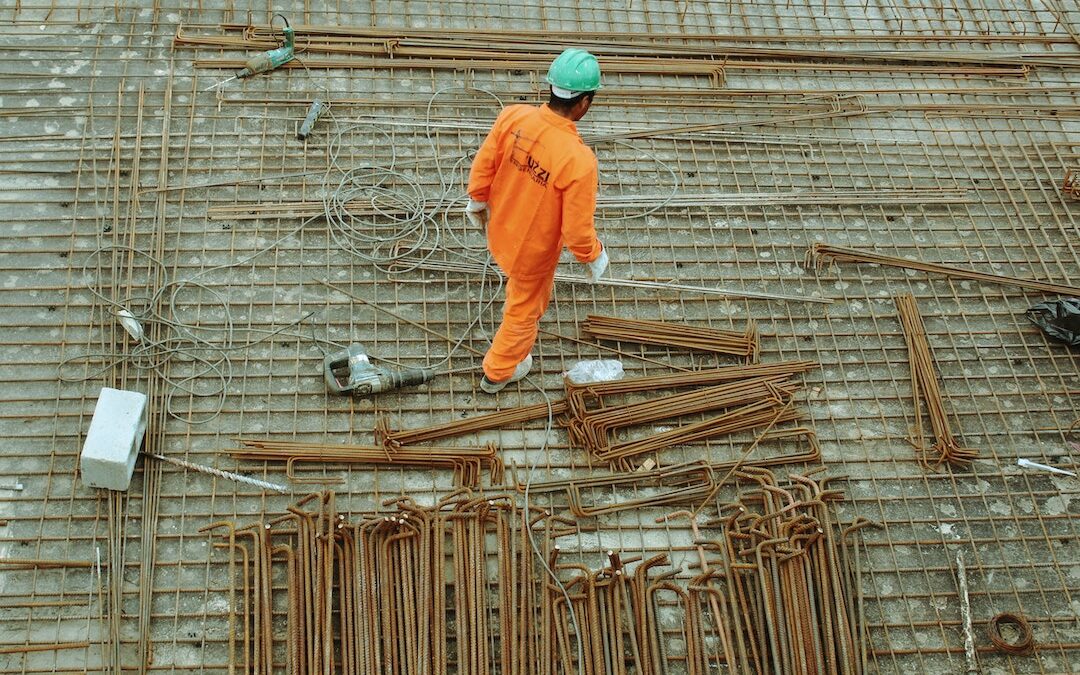A new study will attempt to improve Australia’s workers’ compensation for the future.
The major study, led by Monash University, will examine how workers’ compensation claims have affected real Aussies, and what can be done to improve the system. Experts are hopeful that claims will be easier to access and more effective on delivery.

What is workers’ compensation?
Workers’ compensation is a legally required insurance paid by employers to the government. The collected funds are put towards supporting workers if they become sick or injured on the job, and can be used to cover wages, pay for medical treatment and fund return to work services.
More than half a million Australians will be injured or fall sick at work every year. Of this, thirty-one percent will file a workers’ compensation claim. This results in an economic cost of $28.6 billion, and a loss of 1.9 million weeks of work.
In total, Australia has 11 main compensation systems, including one for every state and territory as well as three on a federal scale for Commonwealth government workers, Defence Force personnel and maritime workers. All of these schemes share a common objective; supporting injured individuals on their return to work and providing support at the least cost to society.
According to the leader of the study, Professor Alex Collie from Monash University’s School of Public Health and Preventive Medicine, these compensation systems don’t always run as smoothly as they could.
“Many studies in Australia and internationally show that a lot of people find workers’ compensation stressful and complex, and that for some people this contributes to slower recovery and significant distress.
“These studies suggest that it is the way workers’ compensation schemes operate that can lead to problems. The sector has a history of treating injured workers as claims to be managed, rather than vulnerable people needing support.”

Compensation can be used for rehabilitation, medical treatment and more
What is Workers’ Voice?
The new research is funded by the Australian Research Council. Titled Workers’ Voice: Harnessing lived experience to redesign Australia’s workers’ compensation system, it will reflect the lived experience of those who have suffered physical and psychological injury due to their jobs in order to grasp how the compensation system supported or failed them.
Researchers will also interview the support networks of these individuals, such as families and friends, to propose a new system that reflects the experiences and views of people who have made a workers’ compensation claim over the last 10 years.
“We think that workers with an injury or illness, their family and friends, have a unique and very valuable experience of workers’ compensation,” says Professor Collie. “This experience should be heard and have greater weight in the way systems are designed and the way they operate.”
The research will be conducted using participatory system modelling, which will test new approaches and collect real-world responses. Using the results, experts will design a new compensation system that better reflects the needs of Aussies.
“Most of our workers’ compensation schemes were designed in the 1980s,” explains Collie. “The world of work, and the types of injury and illness we see at work, have changed fundamentally. But our systems haven’t kept pace. This project is about re-imagining workers’ compensation for the future.”

What should we expect?
Perhaps the most exciting part of the project is the lack of previous research to guide the team. Experts cannot predict where the tests will lead, or how they will shape Australia’s policies in the future.
“Because workers’ haven’t been involved in designing compensation schemes before, we really don’t know what solutions will be developed. That is a really exciting part of this project.”
The Workers’ Voice project is predicted to run until 2026. Findings will be released throughout the duration of the study, starting early next year.
For Professor Collie, it’s encouraging to know that real changes could be coming sooner rather than later. Due to the financial strain of current workers’ compensation schemes, governments have been slashing benefits and restricting access, making them less effective as a whole. He hopes that by redesigning the system, everyone will have access to the support they need.
“A better way to improve a system and make it sustainable is to listen carefully to people with direct experience of that system,” he concludes.
To get involved in the study or share your lived experience, head to the Workers’ Voice website.
To learn more about the challenges facing Aussie workers, click here.

